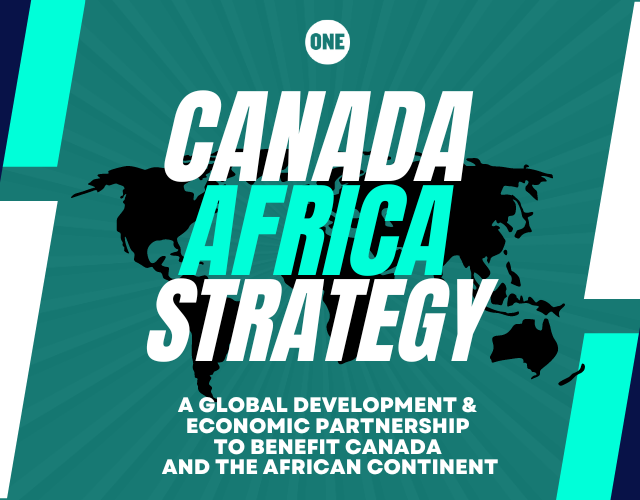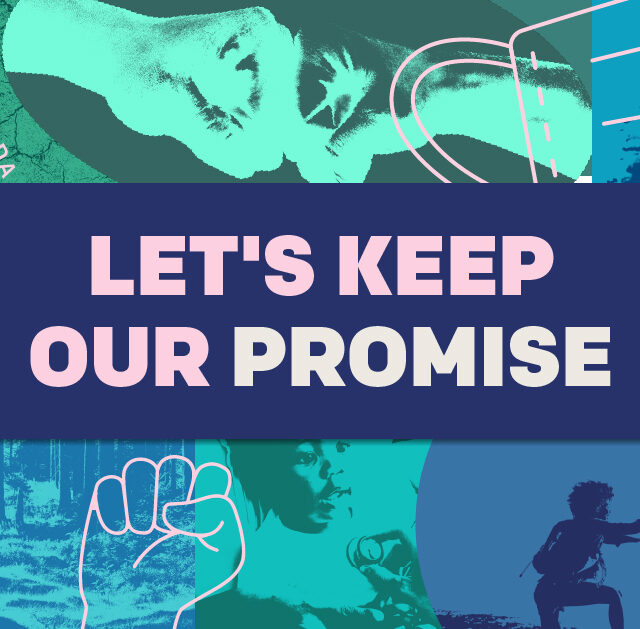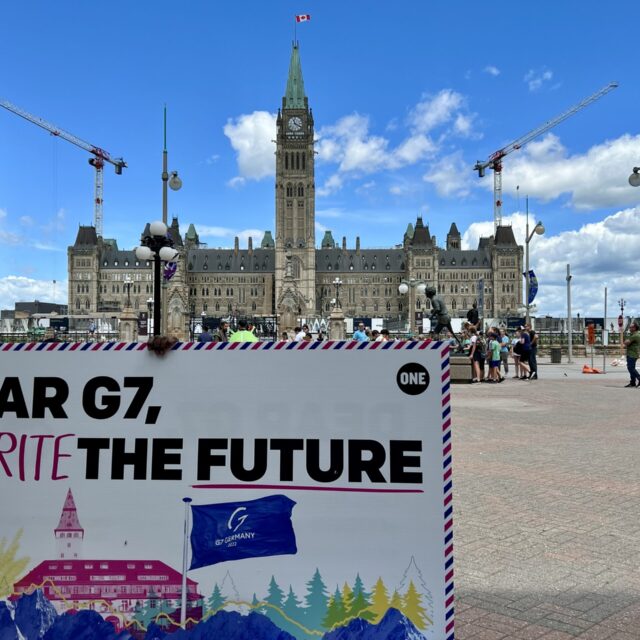Why Canada should channel its SDRs to developing countries
Imagine you and your sister are both going through the same economic crisis, but with very different means. You both lost your jobs, but you already paid off your mortgage and have savings in the bank. Your sister is a single mom with three kids and unpaid student debt. The bank is willing to give you a loan, but not your sister because she is less wealthy and her finances are unstable. Imagine if you could transfer your line of credit to your sister, and all it would cost you is the small interest payments until she gets back on her feet.
You are Canada in this situation right now. In August 2021, because of the Covid-19 crisis, Canada received from the International Monetary Fund (IMF) $19 billion of a special asset called Special Drawing Rights (SDRs), which has been put in our international reserves. This is part of a historic allocation of US$650 billion SDRs, agreed to by IMF member countries to inject money into the global economy, to help address the damage caused by the pandemic.
SDRs can be used to provide a cushion in international reserves, settle international payments (like debt), or be exchanged for real currencies to buy goods and services like vaccines or PPE.
Canada is unlikely to use these new resources, because our international reserves were already well stocked. With widespread vaccination and generous fiscal support, Canada will bounce back. Meanwhile, other countries desperately need this resource that is “collecting dust on Canada’s shelf”.
All IMF member countries received this unprecedented financial support. But because they were distributed according to IMF quotas (that is: the size of the economy), a very small portion went to low- and lower-income countries. The 54 countries on the African continent got CAD$42 billion—only twice the allocation Canada received but split between 54 countries!
While this is being considered: domestic resources, private investment, and other critical financing flows have declined in lower income countries. Hard fought progress has been eroded and longer-term development priorities—from job creation to building effective healthcare systems to stopping a climate disaster—are under threat. Since the pandemic began, an estimated 65 million to 75 million more people worldwide have been pushed back into extreme poverty.
Developing countries are already using this new financial space. In Madagascar the new SDRs will be used to respond to the health crisis and economic recovery, and in Senegal they will be used to strengthen the health system and increase social protection. The problem is that for too many low-income countries, there are too few SDRs.
This is why we are calling on Canada to recycle most, if not all, of its SDRs, to help developing countries recover from the pandemic. This should start with 25% of the new SDRs it received, before the end of 2021. This would unlock up to CAD$4.7 billion, equivalent to roughly two-thirds of Canada’s aid budget.
The impact would be enormous, and would cost us very little in comparison. For example, if Canada were to lend its SDRs to other countries at no-interest, the only direct cost to us would be a small interest paid to the IMF, costing about $24 million at current rates.
Whether countries use these new resources to buy vaccines, invest in their own health systems, or to rebuilding greener economies, Canada will benefit because these are all global public goods.
G7 leaders already backed the voluntary recycling of SDRs, but now we need them to act on this promise. President Macron set the tone by committing that 20% of France’s new SDR allocation would be recycled, and was followed this week by the UK also making a 20% commitment. Janet Yellen, the US Treasury Secretary, is encouraging advanced economies to channel their SDRs to developing countries. That means the UK, France, and the US are moving on this already. Let’s get Canada in the fight too!
Canada needs to play its part, and time is of the essence. What is needed now is a breakthrough in international solidarity and a bold move to restart the global economy and build back better. The SDRs are a once-in-a-generation opportunity to be ambitious and provide a Marshall Plan for the world, with essentially no effect on Canada’s deficit or indebtedness.
Finance Minister Chrystia Freeland has the authority to act. She is Washington DC this week for meetings at the IMF and the World Bank where this is being discussed. Yesterday, she met with her fellow Finance Ministers from the G20, where they repeated their support for the voluntary recycling of SDRs from richer to poorer countries, but without making any specific commitment.
The SDRs were created as a reserve of value for a rainy day. If the global Covid-19 pandemic is not that rainy day, then what is? It’s time to move from talking to acting.



